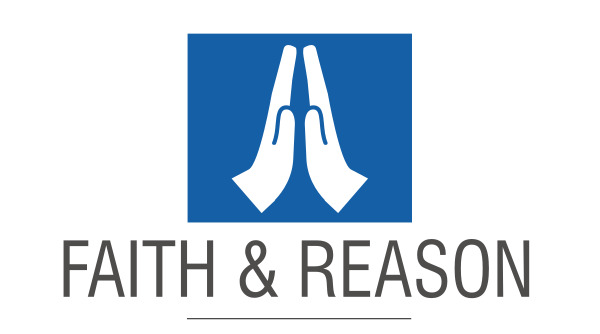Matariki is an opportunity to explore and begin to embrace and live into the values that underpin the celebration, writes Lynne Taylor.

Some time ago, two of my colleagues and I offered to draft some wording about the Theology Programme’s commitment to Matauranga Maori and te Tiriti o Waitangi.
One colleague circulated the first draft: a single sentence naming our commitment. Below this, he noted, "it’s a start."
I’m sure he meant that the wording was a start. He was passing on the sentence for us to comment on, amend and add to. He was initiating a collaboration towards a statement that would capture our commitment.
But I also read those words differently. Because what we’re doing as a Theology Programme is a start towards genuine engagement with Matauranga Maori and towards honouring te Tiriti. Calling it "a start" recognises that much more is required.
I added a second sentence, naming specific ways that we’re working towards this: the appointment two years ago of Rev Dr Wayne Te Kaawa as inaugural Lecturer in Maori Theology. The development of three new papers on Maori Religion and Theology; Christian Ministry in Te Ao Maori; and Matauranga Maori and the Bible. These are all important steps in the journey, as is each lecturer’s commitment to strengthen the Maori content and tikanga of our courses.
And I retained the words, “it’s a start” as I sent the draft back to my colleagues.
As a Theology Programme, we’ve simply made a start towards deeper bicultural commitment and engagement. We’re on a journey, and we won’t "arrive" any time soon.
We’re also making a start towards living into the University’s Pacific Strategic Framework. Significant here is the addition of a new paper on Moana Pasifika Theology. Again, it’s a start, as we seek to live into the values of equity, inclusivity, and responsiveness that the University aspires to.
"The key urua (values) that underpin Matariki are values like aroha (love), manaakitanga (caring), mana taiao (environmental awareness), and kotahitanga (unity)."
As I think about my own engagement with te ao Maori, seeing it as a start is helpful.
My knowledge of te Reo Maori is small, and my pronunciation is poor. But if I set aside perfectionism and whakama (shame) and see what I already know as a start to build on — and if I do the mahi (work) — I will get better.
Next week, we celebrate the first Matariki public holiday.
That too is a start. It’s the start of honouring this most significant celebration in the traditional Maori calendar: the beginning of the Maori New Year. Te Pire mo te Hararei Tumatanui o te Kahui o Matariki (the legislative Bill) tells us that "Matariki is a time to gather, to acknowledge those who have passed, to celebrate the present, and to plan for the future. Matariki is the star of the Maori New Year."
The key urua (values) that underpin Matariki are values like aroha (love), manaakitanga (caring), mana taiao (environmental awareness), and kotahitanga (unity). Each is worth aspiring towards.
Perhaps this and every Matariki, you might choose to honour its deeper significance.
To not only enjoy a day off work, but to take the opportunity to reflect, remember, and focus on the promise of a new season. To investigate the urua (values) that underpin Matariki and to live into them. Or at least to make a start.
It’s a start.
- Dr Lynne Taylor is Jack Somerville Lecturer in Pastoral Theology at the University of Otago.











